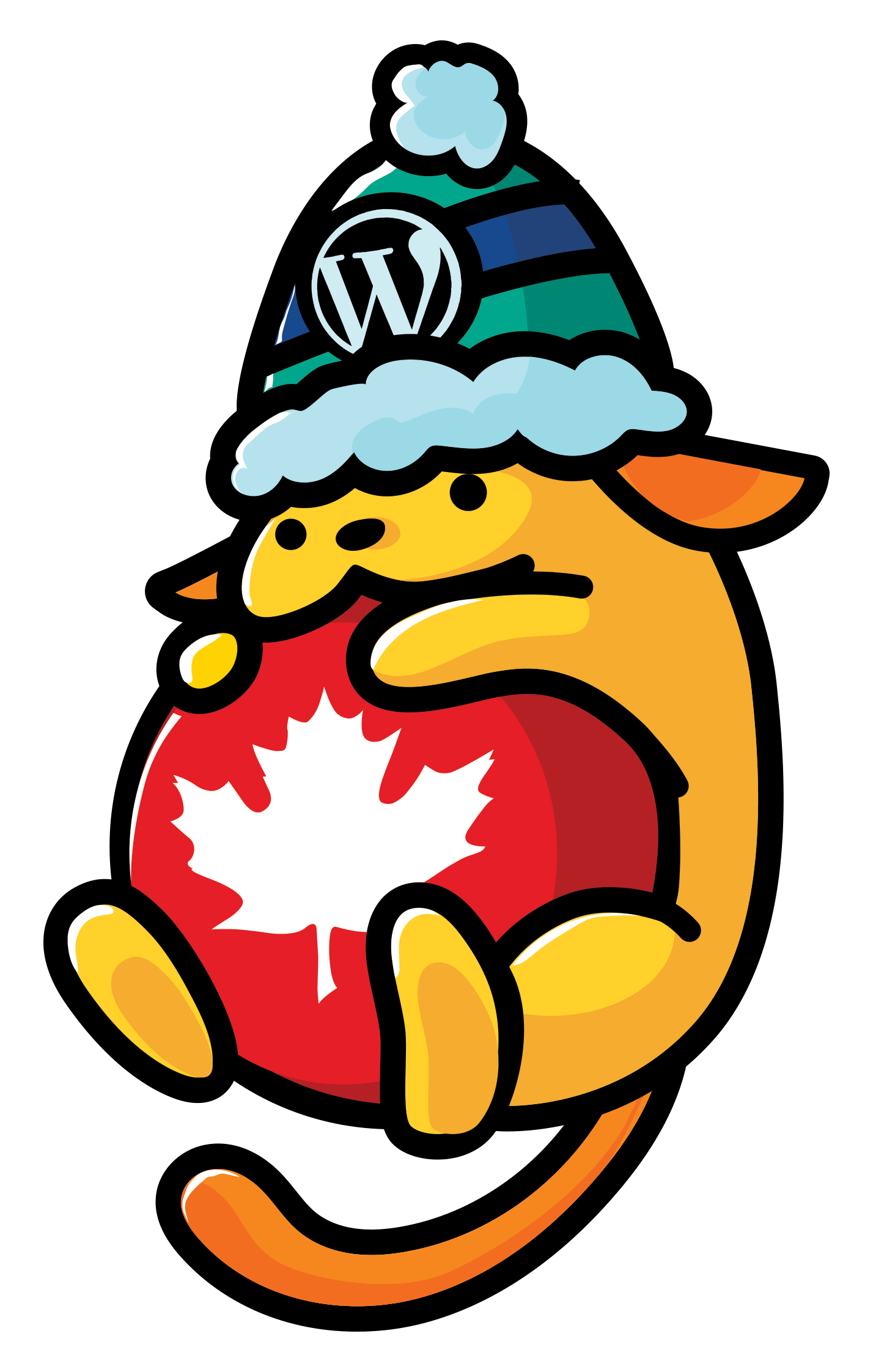Both before and during WordCamp Canada we received questions about Land Acknowledgement. So we thought it might be helpful to provide a bit more information for those who are interested.
What is a Land Acknowledgement?
“A land acknowledgement or territorial acknowledgement is a formal statement that acknowledges the original Indigenous Peoples of the land, spoken at the beginning of public events.” Land acknowledgement – Wikipedia
More recently it was made very clear to me that, for a Land Acknowledgement to have any real meaning, it should also contain some kind of commitment or intention going forward. For WordCamp Canada’s Land Acknowledgement, I tried to express some intentions for the conference:
“We are committed to listening to Indigenous voices and open to learning from Indigenous ways of knowing, doing and being that may not be our familiar ways.
We hope that, through this WordCamp, we may encourage important conversations within the WordPress community about the value of Indigenous perspectives and that result in practical initiatives to support Indigenous communities in engaging with WordPress.”
Researching and thinking carefully about how to go about crafting and using a Land Acknowledgement can provide a first step toward action, a shift in awareness.
What a Land Acknowledgement is not
If a Land Acknowledgement becomes tokenistic, routine or just performative it has no meaning at all, as demonstrated by Baroness Von Sketch!
What land am I acknowledging?
We developed a Land Acknowledgement for the conference relating to what we now call Ottawa as being the land on which it was being held.
For WC-EH, our keynote speaker suggested that all speakers should be encouraged to create their own land acknowledgements for their presentation, recognizing the communities they are coming from.
Native Land Digital has mapped traditional territories and is a great starting point to find out about the place you call home. It ” creates spaces where non-Indigenous people can be invited and challenged to learn more about the lands they inhabit, the history of those lands, and how to actively be part of a better future going forward together.“

Resources
There are many excellent online resources available that you can explore. It can be helpful, at least in Canada, to look at Land Acknowledgement guidelines from local universities. I made use of Carleton University’s guidance. I researched quite widely and also, given that the event was in Ottawa, also looked at some government sites.
Final thoughts
We were asked if it was better to speak a Land Acknowledgement, if it was OK to put it on a slide, if it was OK to show on a slide a map from Native Land Digital .
I am not an expert. I am not Indigenous. I’m not sure I can answer these questions authoritatively. I suspect that, even within Indigenous communities, you might receive a range of different responses.
My sense is that the usage and form of Land Acknowledgements is evolving. My personal view is that your intention is the most important element, backed up by humility and a desire to learn.

Comments
One response to “A bit more about Land Acknowledgements”
[…] Notes on how to approach Land Acknowledgement, WordCamp Canada 2024 […]